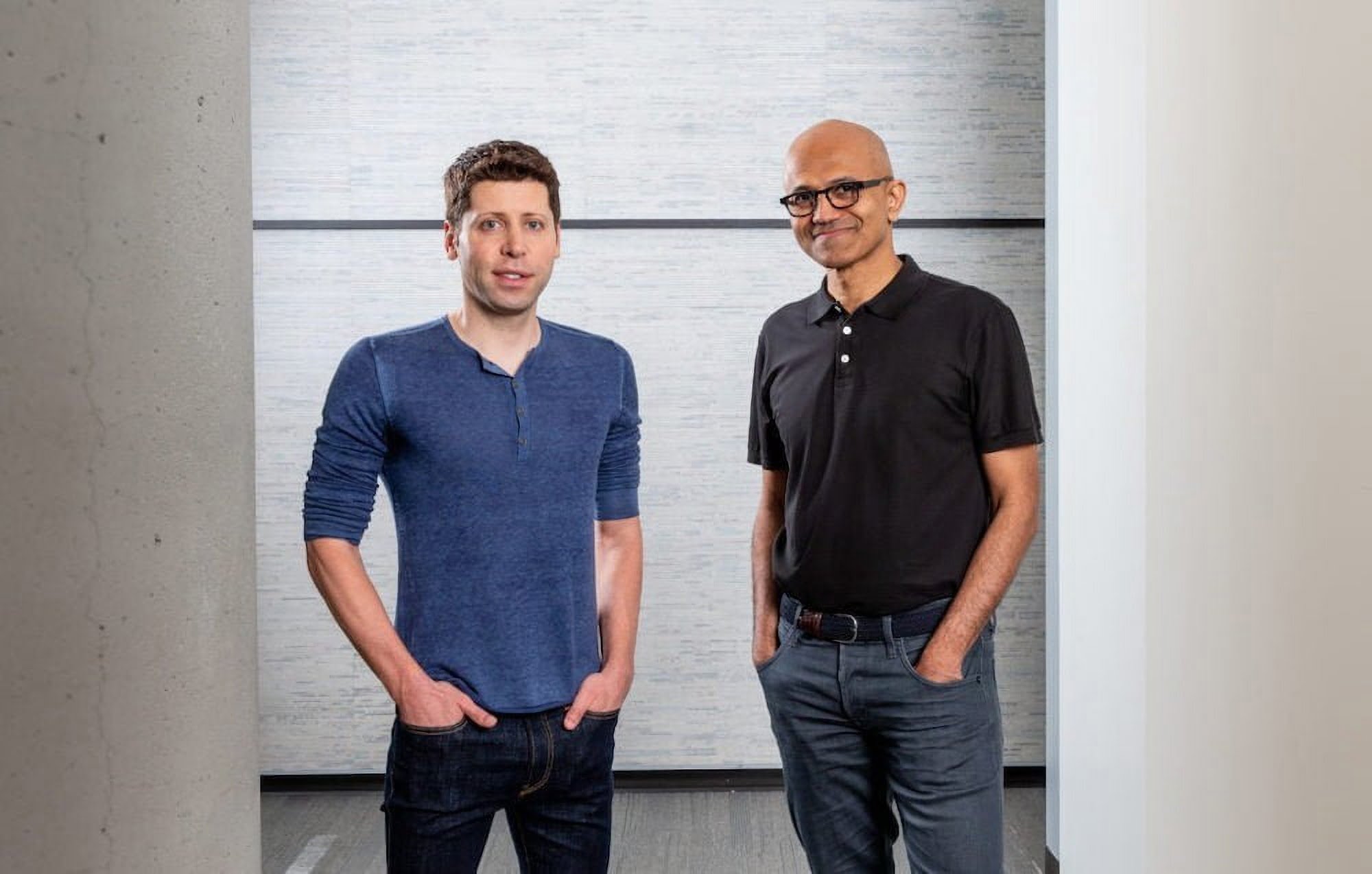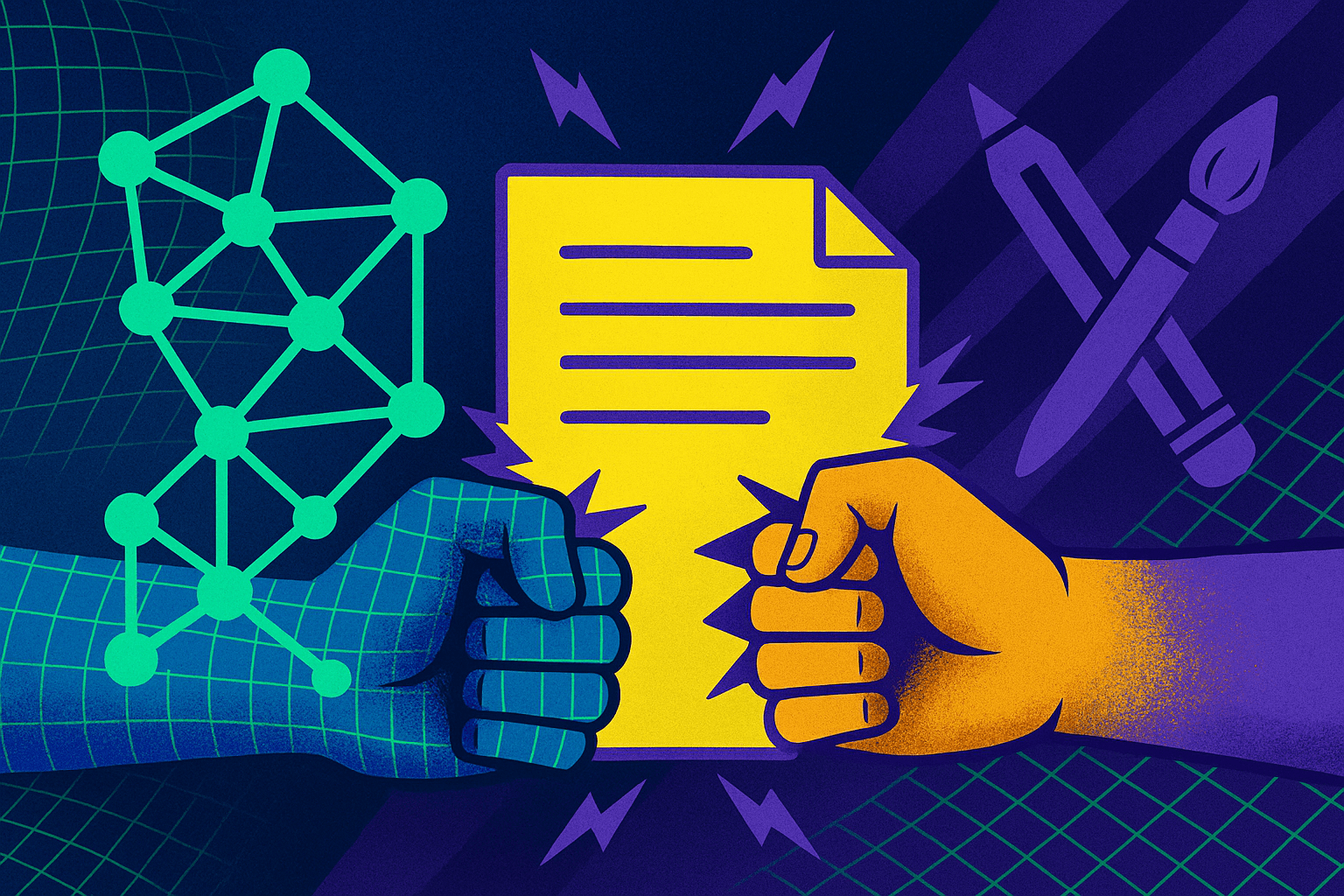Google is reportedly getting ready to unveil several new AI features at its upcoming I/O developer conference. Among them is an AI assistant aimed at software development, known internally as the "Software Development Lifecycle Agent." According to Google employees, this tool is designed to serve as a constant companion for developers, working quietly in the background to help with troubleshooting, documentation, and security tasks.
For everyday users, Google is said to be working on a new feature that takes cues from Pinterest. The idea is to let people browse fashion or interior design images and save their favorites into folders. Google may also use the event to showcase the Gemini chatbot's voice mode alongside Android XR headsets (confirmed).




